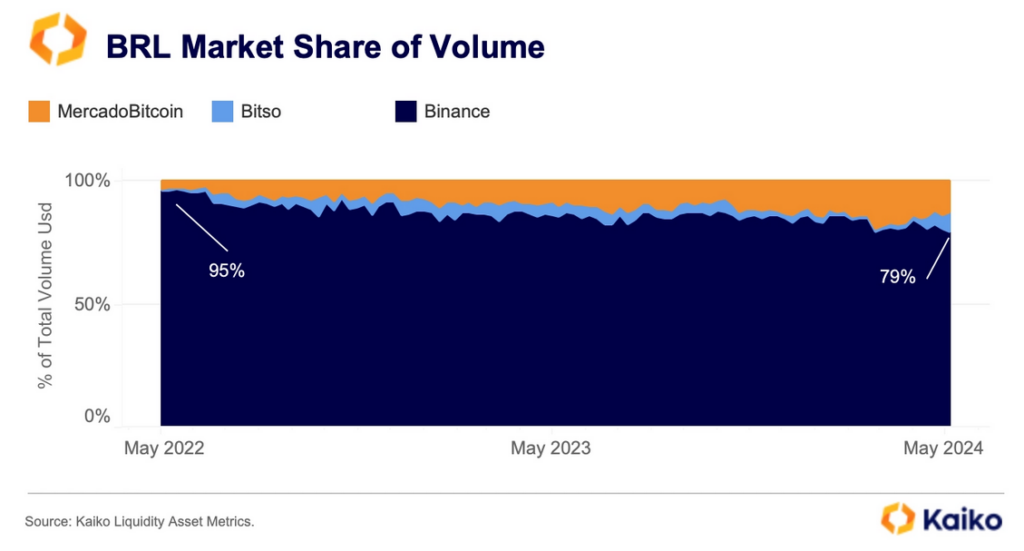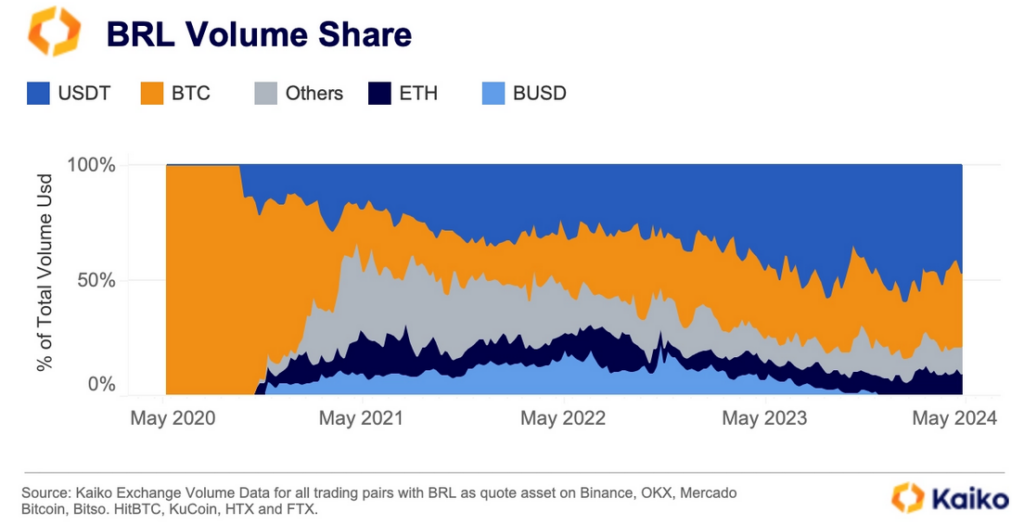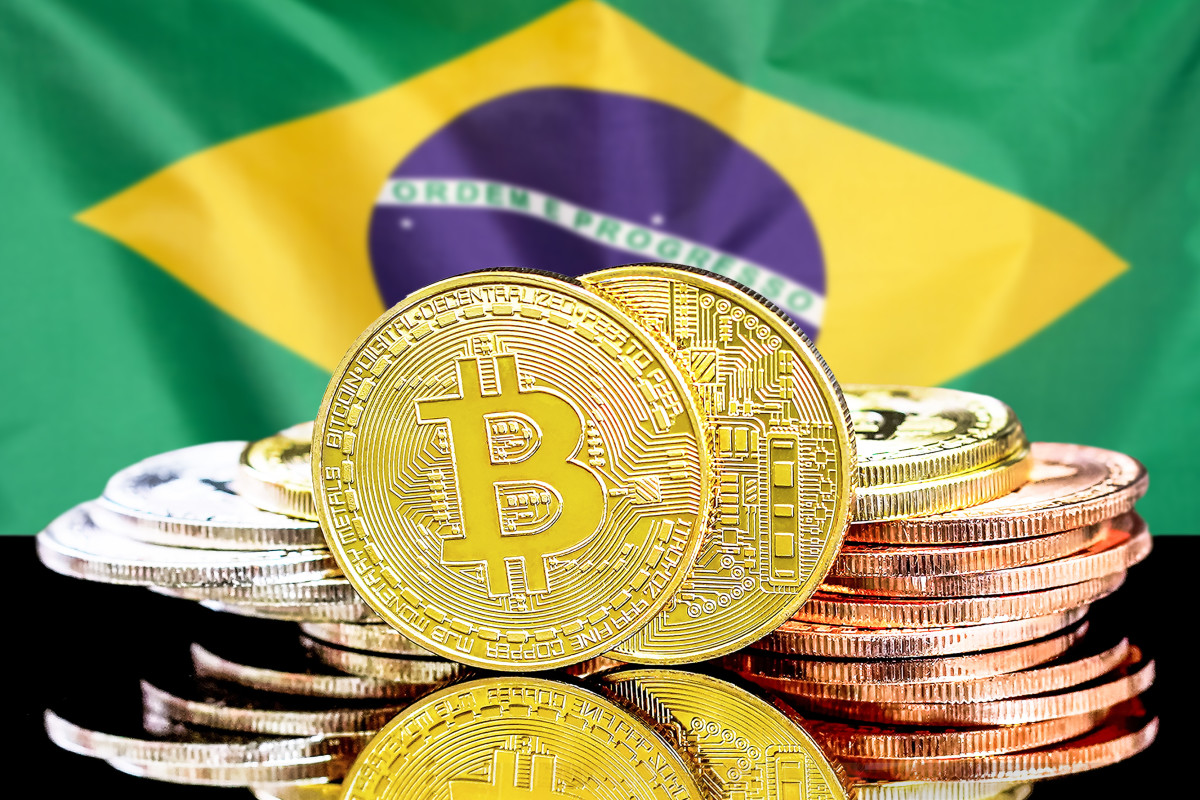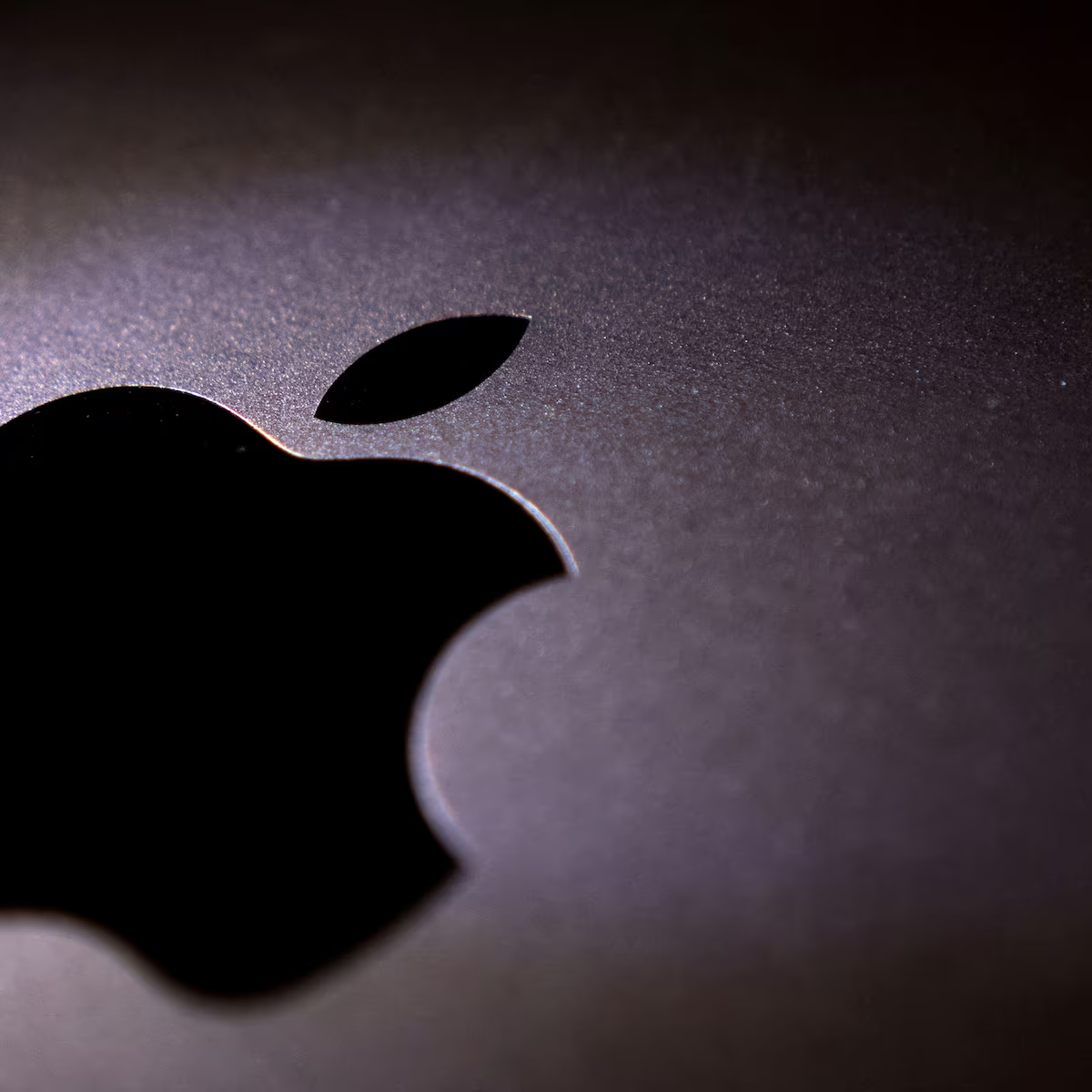According to reports, Brazil’s tax authority intends to obtain information from foreign cryptocurrency exchanges to determine whether its citizens are adhering to the country’s new tax laws and how they operate within the country
This week, the Federal Revenue of Brazil will publish an ordinance to investigate potential “illegality” and provide information on the amount of tax Brazilians may be owing.
Reuters reported on June 18 that the Receita Federal do Brasil (Federal Revenue of Brazil) is anticipated to publish an ordinance to summon these firms for additional information later this week. The report cited comments from Brazilian officials.
Andrea Chaves, the Deputy Secretary of Inspection at the Department of Food and Drug Regulation (DFR), told Reuters, “It is a matter of concern for us first to comprehend how they operate in this location, regardless of whether anything is illegal.”
“We are also concerned about having information on Brazilian wealth subject to taxation.”
Transactions conducted on their trading platforms have been required to be reported exclusively by local cryptocurrency exchanges up until this point.

A law enacted in Brazil last December requires Brazilians to pay a 15% income tax on cryptocurrency profits and dividends earned on foreign exchanges.
In the fiscal year 2024, the Brazilian tax authority anticipates collecting approximately $4 billion (20 billion Brazilian reals).
Binance, Coinbase, OKX, and KuCoin are among the most prominent trading platforms in the country. Binance presently accounts for 79% of all transactions in Brazil, making it the largest market share. However, it has recently experienced a decline in its dominance in favor of Bitso, a Mexican company, and Mercado Bitcoin, a Brazilian company.
In contrast, Brazil experienced a significant increase in cryptocurrency trading activity during the initial months of 2024, with a 30% year-over-year increase to $6 billion between January and May.

According to a recent Kaiko report, it is the seventh-largest global participant in fiat currency trade and the largest market player in Latin America.
Stablecoin transfers continue to be the primary source of cryptocurrency activity in Brazil.



